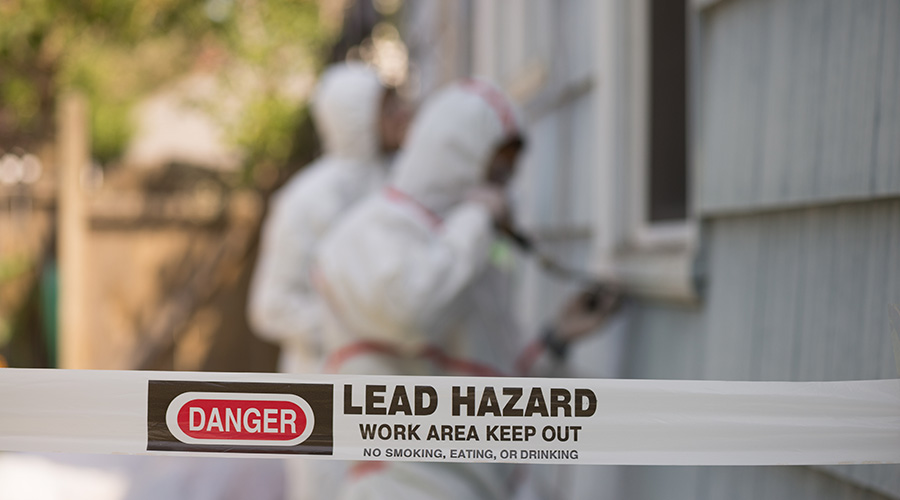Planning, Improvising, or Both?
 THE STORIES COMING OUT of the Gulf Coast in the wake of hurricanes Katrina and Rita seem to offer something for everyone. Some are heartbreaking, others heroic. Many are maddening, a few are comforting.
THE STORIES COMING OUT of the Gulf Coast in the wake of hurricanes Katrina and Rita seem to offer something for everyone. Some are heartbreaking, others heroic. Many are maddening, a few are comforting.
The issue of planning for disaster preparation and recovery is no different. Some organizations survived, in part, on the strength of their plans, while others no doubt suffered, in part, because they paid too little attention to planning. Then there’s a third group — those that improvised their way out of trouble.
Our cover story this month, “Ports In A Storm,” relates the experiences of managers at three New Orleans hospitals that were able to stay open and operating through Katrina and the resulting floods. In all three cases, planning proved to be vital for survival.
Here’s an example. Ten years ago, one of the hospitals saw the need for a larger supply of clean water in an emergency, and it upgraded its well to deliver 500 gallons a day. After Katrina struck, the upgrade proved essential in keeping the hospital open and providing much-needed clean water for thousands of people who sought shelter at the hospital during the storm.
How were hospital officials able to foresee the need for a greater amount of clean water? In drawing up their plans, they asked the right questions. Years ago, hospital officials met with their peers with Florida hospitals who had gone through hurricanes. The goal was to use lessons of those facilities to improve their organization’s plans and preparations.
But while formal planning is essential, the case also can be made that being able to improvise in a crisis is just as valuable. One manager tells how his department secured much needed diesel fuel to run generators during New Orleans’ blackout: A department member called one of his peers at a facility 200 miles away and arranged for a quick delivery of fuel at a time when few other deliveries were making their way into the area.
Here’s another way to look at improvising: It’s a byproduct of planning. Managers who have researched and understand their options — even if they never made them part of a formal plan — have given themselves a way out of a tough situation. Says the manager of a university in the area:
“Always have a plan. Things don’t always go according to plan, but if you have one, at least you can make adjustments. You don’t have to start from scratch.”
Related Topics:








 THE STORIES COMING OUT of the Gulf Coast in the wake of hurricanes Katrina and Rita seem to offer something for everyone. Some are heartbreaking, others heroic. Many are maddening, a few are comforting.
THE STORIES COMING OUT of the Gulf Coast in the wake of hurricanes Katrina and Rita seem to offer something for everyone. Some are heartbreaking, others heroic. Many are maddening, a few are comforting.


